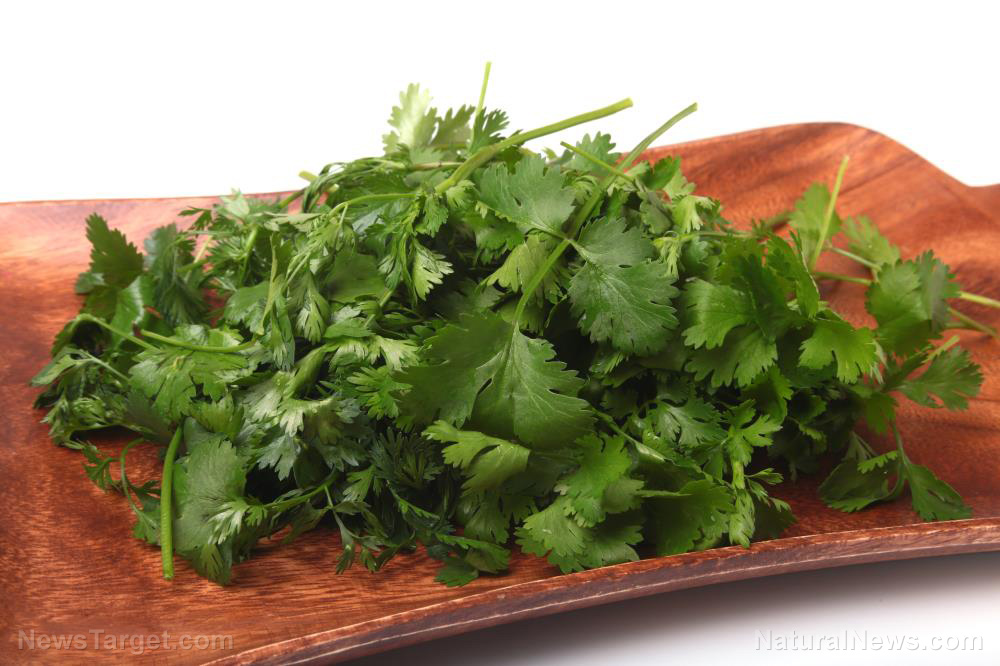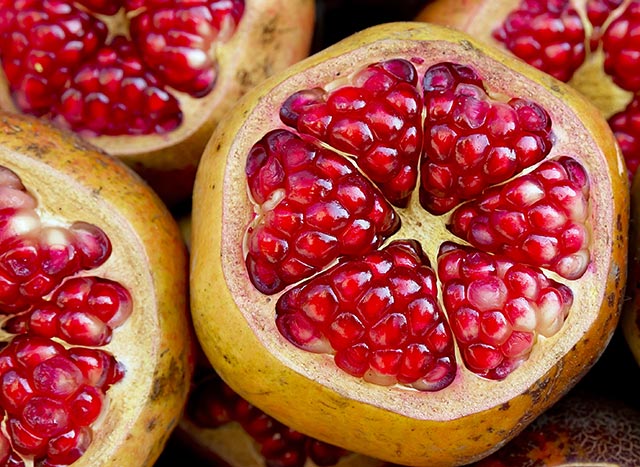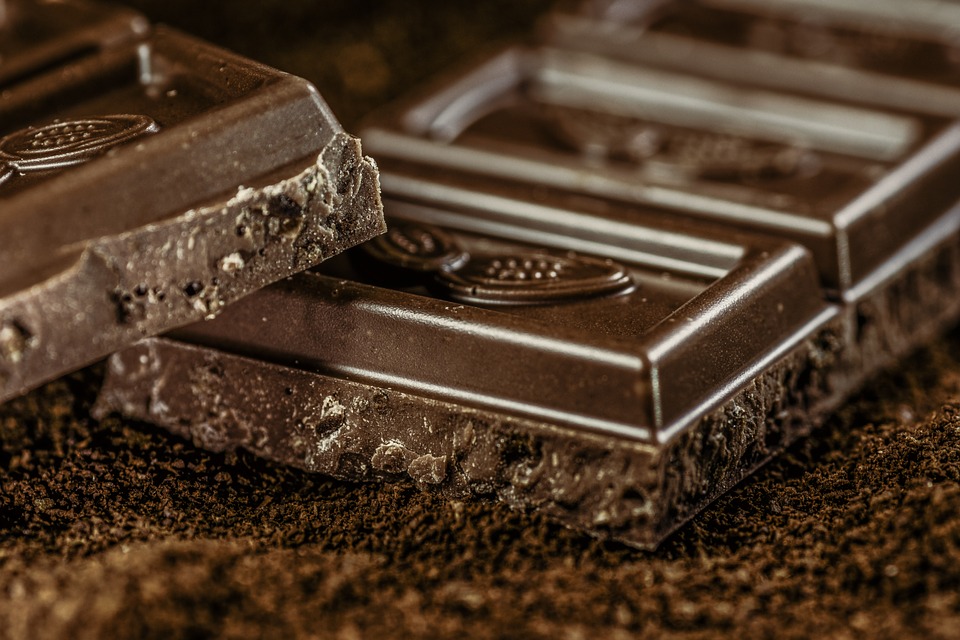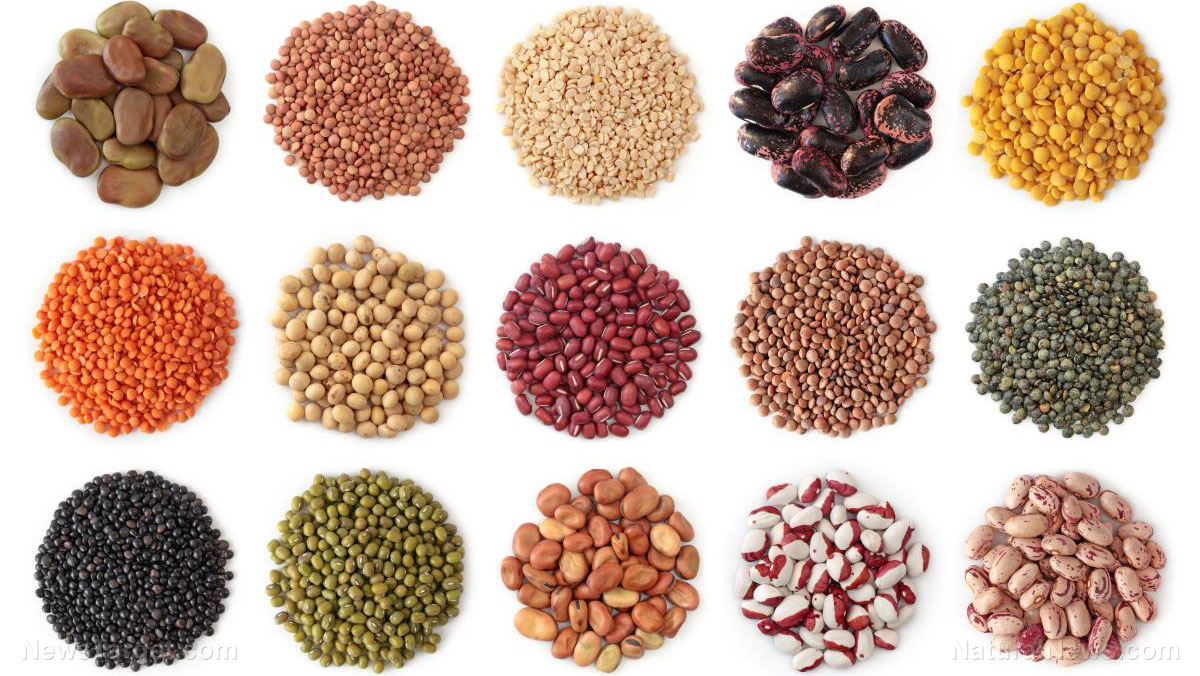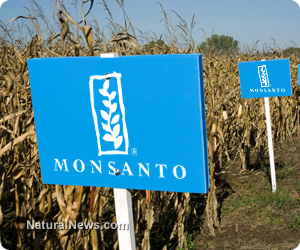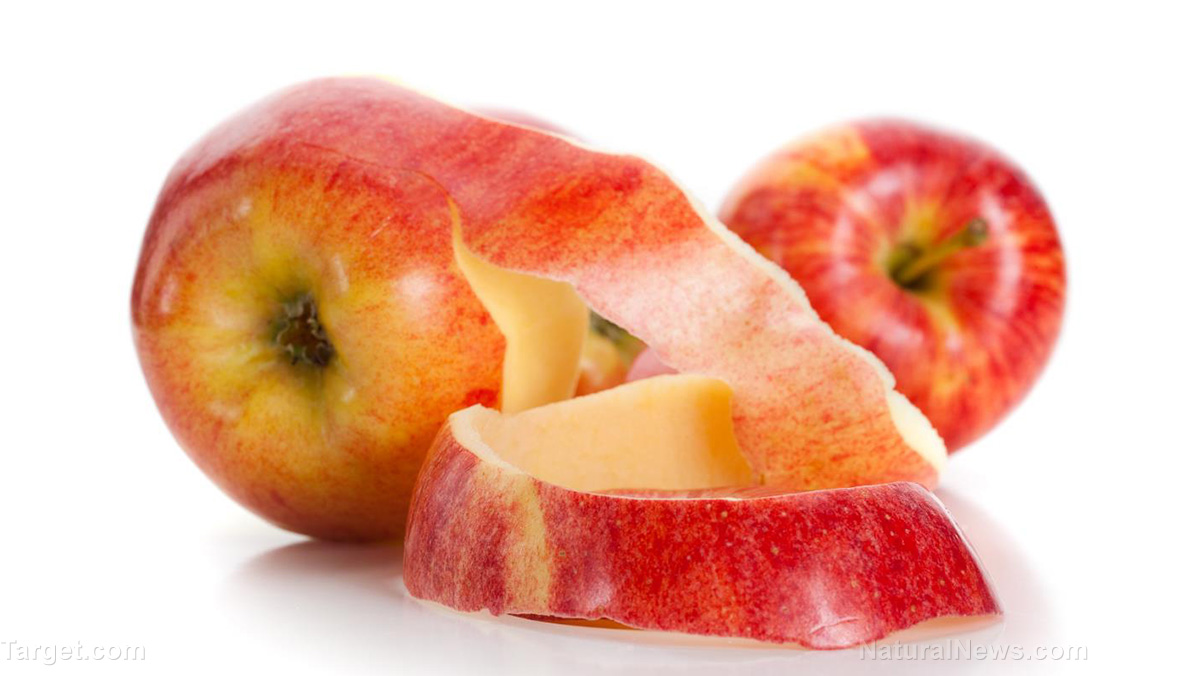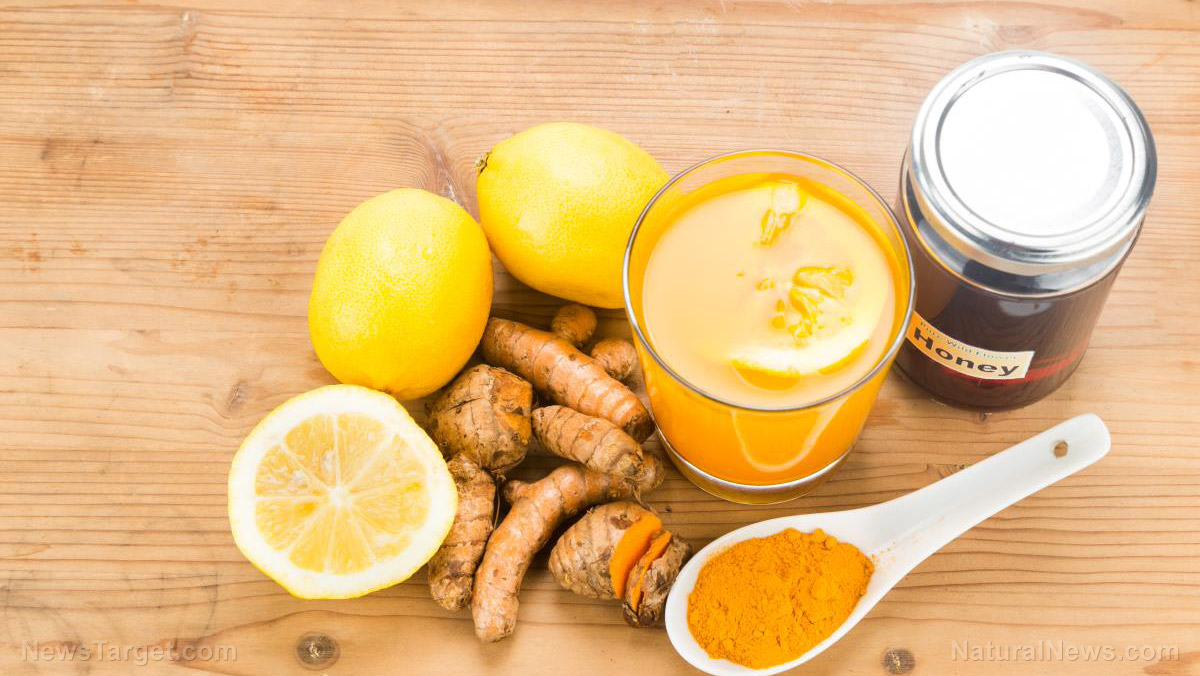Menopausal women should eat more blackcurrant to prevent bone loss
12/11/2018 / By Michelle Simmons
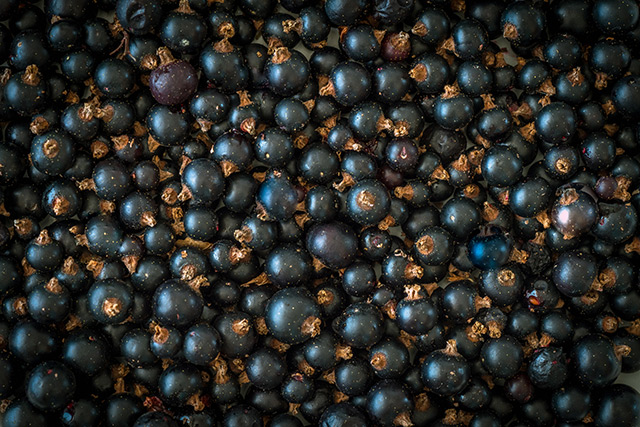
Hormonal changes are one of the leading causes of bone loss or osteoporosis. Menopausal women, in particular, are more likely to experience bone loss because they are deficient in estrogen, a hormone in women that protects the bones. The amount of estrogen drops when women reach menopause. To lower the risk of bone loss, researchers at the University of Connecticut suggested menopausal women should eat more blackcurrant.
The researchers conducted an animal study to look at the effect of blackcurrant on bone mass in an estrogen-deficient mouse model. Earlier studies have reported that the anthocyanins in blackcurrant have antioxidant and anti-inflammatory properties that could potentially improve bone mass.
For their study, which was published in the Journal of Medicinal Food, the team removed the ovaries of the mice to mimic estrogen deficiency in menopausal women. Then, they gave the mice either a basal diet alone or a basal diet that contains anthocyanin-rich blackcurrant extract. They measured bone mineral density, trabecular bone volume, and serum bone markers.
Ovariectomy resulted in a significant reduction in bone mineral density and trabecular bone volume. However, the treatment of blackcurrant reduced ovariectomy-induced bone loss. In addition, the treatment decreased osteoclast-like cell formation and bone resorption activity. These outcomes suggest that blackcurrant may mitigate postmenopausal bone loss.
Adequate estrogen level is important for maintaining the rhythm of bone remodeling. Since estrogen levels decline after menopause, this causes an imbalance in bone production and breakdown. Osteoclasts are cells that break down bone and are responsible for bone remodeling. With the decline of estrogen levels, osteoclasts become more active and break down more bone than it can form.
With these findings, the researchers concluded that blackcurrant may help prevent bone loss in postmenopausal women.
Improving your gut microbiome is also a way to prevent and reduce your risk of age-related bone loss. A study published in the Journal of Internal Medicine suggested that taking probiotic supplements daily can cut age-related bone loss by half. Researchers at the University of Gothenburg in Sweden gave elderly women a probiotic supplement to be taken twice a day for one year. The supplementation resulted in lower bone loss compared to those who did not take the supplement.
Preventing bone loss for all ages
Investing in bone health is never too early. Osteoporosis prevention starts with optimal bone growth and development in youth. Bones are living tissue, and the skeleton continuously grows from birth to the end of the teenage years. Peak bone mass is reached in early adulthood, around the mid-20s. After this, the bones naturally become thin after your mid-20s, and this cannot be completely stopped.
Bone mass developed during youth is a crucial determinant of the risk of osteoporotic fracture during later life. Once peak bone mass has been attained, it is maintained by bone remodeling, which is a continuous process in which old bone is removed and new bone is created. The renewal of bone is responsible for bone strength throughout life.
Lifestyle factors, such as diet and physical activity, can help improve bone development in youth and reduce the risk of bone loss later in life. For optimal bone growth and development in children and adolescents, they should follow a nutritious diet with adequate calcium intake, avoid protein malnutrition and under-nutrition, have enough supply of vitamin D, participate in regular physical activity, and avoid the effects of second-hand smoking. These nutritional and lifestyle tips for building strong bones is also applicable to adults. Based on estimates, a 10 percent increase of peak bone mass in children cuts the risk of an osteoporotic fracture during adult life by 50 percent.
Read more news stories and studies on foods that can help prevent bone loss naturally by going to Superfoods.news.
Sources include:
Tagged Under: alternative medicine, anthocyanins, blackcurrant, bone, bone health, bone loss, bone mineral density, bone resorption, menopausal women, postmenopausal women, supplements





